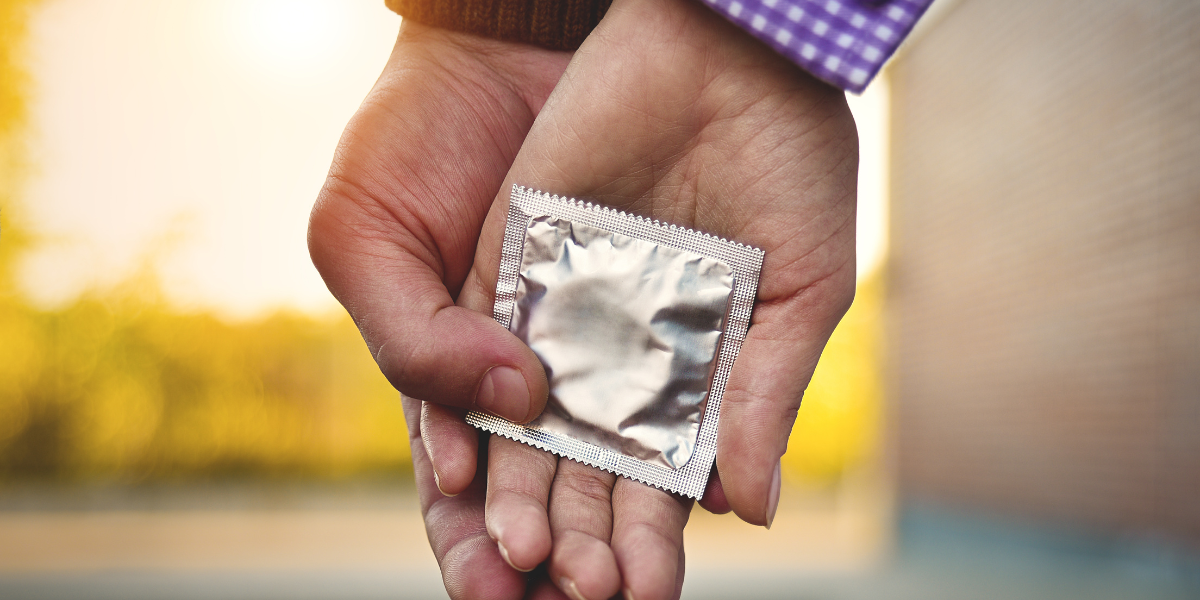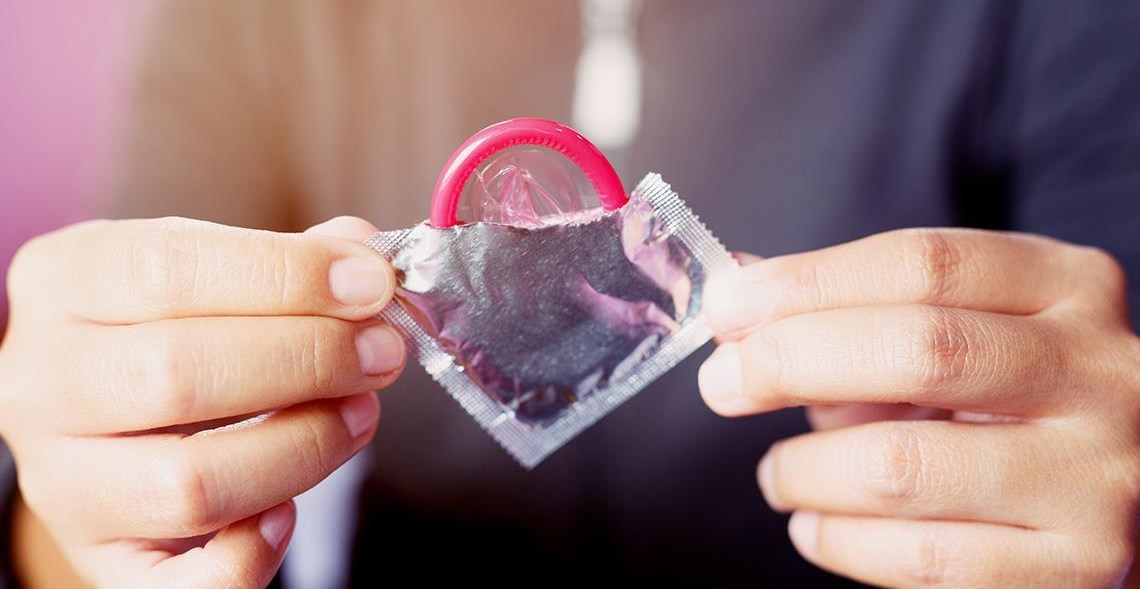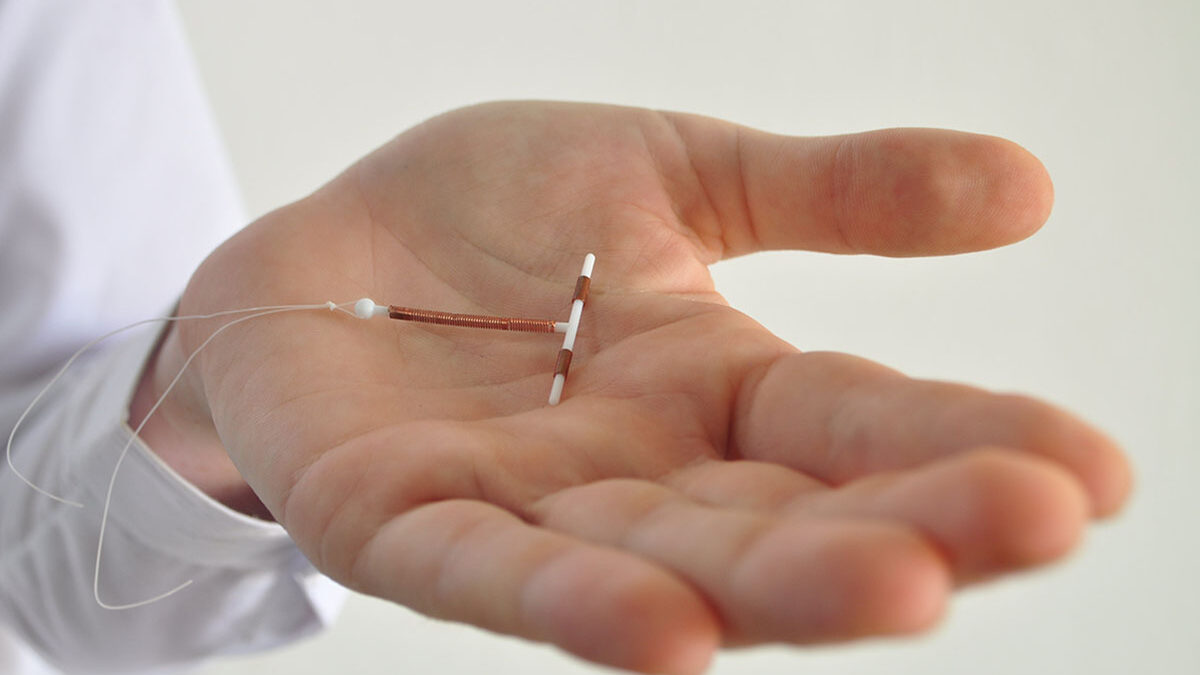Contraceptions

Contraception drugs, commonly referred to as contraceptives, are medications used to prevent pregnancy. They work through various mechanisms, including inhibiting ovulation, altering the cervical mucus to prevent sperm from reaching the egg, and changing the lining of the uterus to prevent implantation. Contraceptives can be hormonal or non-hormonal and come in different forms, such as pills, injections, implants, patches, intrauterine devices (IUDs), and emergency contraception.
Uses of Contraception Drugs
Preventing Pregnancy: The primary use of contraception drugs is to prevent unintended pregnancy.
Regulating Menstrual Cycles: Many hormonal contraceptives are used to treat menstrual irregularities, such as heavy periods, painful periods (dysmenorrhea), and premenstrual syndrome (PMS).
Managing Acne and Hormonal Disorders: Some contraceptives, particularly COCs, are prescribed to treat acne and manage symptoms of polycystic ovary syndrome (PCOS).
Reducing Cancer Risk: Long-term use of COCs has been associated with a reduced risk of ovarian and endometrial cancer.
Side Effects
Hormonal Side Effects: Many hormonal contraceptives can cause side effects such as nausea, breast tenderness, headaches, mood changes, and weight gain.
Increased Risk of Blood Clots: COCs, patches, and rings containing estrogen may increase the risk of blood clots, stroke, and heart attack, particularly in smokers and women over 35.
Bone Density Loss: Long-term use of contraceptive injections like Depo-Provera may lead to a decrease in bone density.
Irregular Bleeding: Especially common with IUDs and progestin-only methods, users may experience irregular or unpredictable bleeding patterns.
Return to Fertility: Fertility may take some time to return after stopping certain contraceptives, particularly injectable forms.






Combined Oral Contraceptives (COCs)
Contain both estrogen and progestin. They prevent ovulation, thicken cervical mucus, and thin the endometrial lining.
Progestin-Only Pills (POPs)
Contain only progestin, which primarily works by thickening cervical mucus and thinning the endometrial lining; may also inhibit ovulation.
Intrauterine Devices (IUDs)
T-shaped devices inserted into the uterus, either releasing hormones (progestin) or using copper to create an environment that is toxic to sperm.
Download Brochure
Get access to our comprehensive guide to our contraception drug catalogue.
Our Contraception Drugs

Loving Condoms
Protect Yourself With Loving Condoms
Bring happiness back to your life with Loving Condoms
